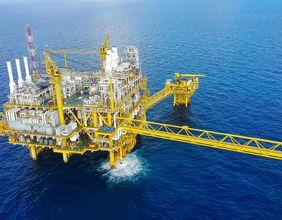Highlights
- Analysts expect higher operating costs to impact earnings
- 2025–2026 project expenses revised upward
- Profit margins may come under pressure amid broader ASX200 movements
Super Retail Group (ASX:SUL), a well-known name among Australian retailers, is navigating a challenging cost environment that has led market analysts to revisit their earnings outlook for the company. Recent updates from the company highlight a notable increase in operational costs due to major internal transitions.
Super Retail has flagged that total group costs for the full year will rise to $42 million in 2025, up from an earlier estimate of $36 million. This uptick is primarily attributed to two major projects underway: the relocation of a distribution centre and the implementation of a new payroll system. These initiatives are expected to incur combined costs of around $29 million in 2026.
These rising expenses come at a time when growth in retail sales appears to be softening. According to analysts, these added costs are likely to weigh on the company’s profitability. E&P Capital has projected a 6–8% decline in profit expectations for the 2026 fiscal year, citing the “significant operating costs” now forecasted.
Citi analysts echoed this sentiment, suggesting the revised cost guidance could result in even more substantial adjustments to earnings forecasts for 2025 and beyond. The analysis indicates that these pressures could strain profit margins and reduce earnings momentum—particularly in a competitive retail landscape already impacted by changing consumer behaviour and inflationary headwinds.
This development is also relevant in the context of the broader market. Super Retail is part of the ASX200, a benchmark index that includes some of the most prominent listed Australian companies. As such, any performance shifts by key constituents like Super Retail may influence sentiment across the index.
For market watchers focused on income-generating assets, it’s worth observing how Super Retail’s evolving cost structure might affect its dividend profile. Companies under cost pressure may reassess capital allocations, including shareholder returns—something relevant to those tracking ASX dividend stocks.
As Super Retail continues its transformation with infrastructure and system upgrades, the next few reporting periods will be critical in revealing how effectively these investments balance long-term strategic benefits with near-term financial impact.




